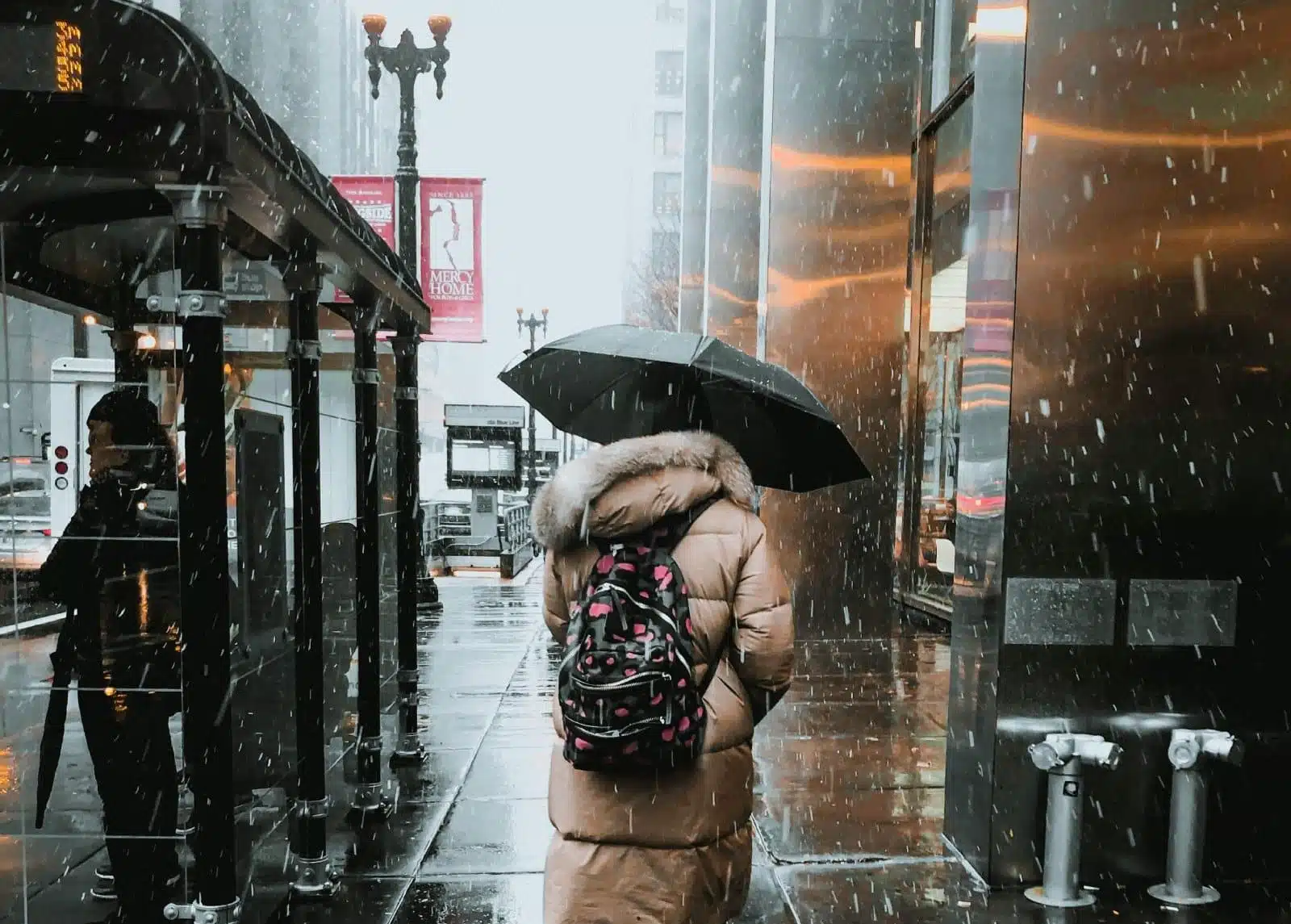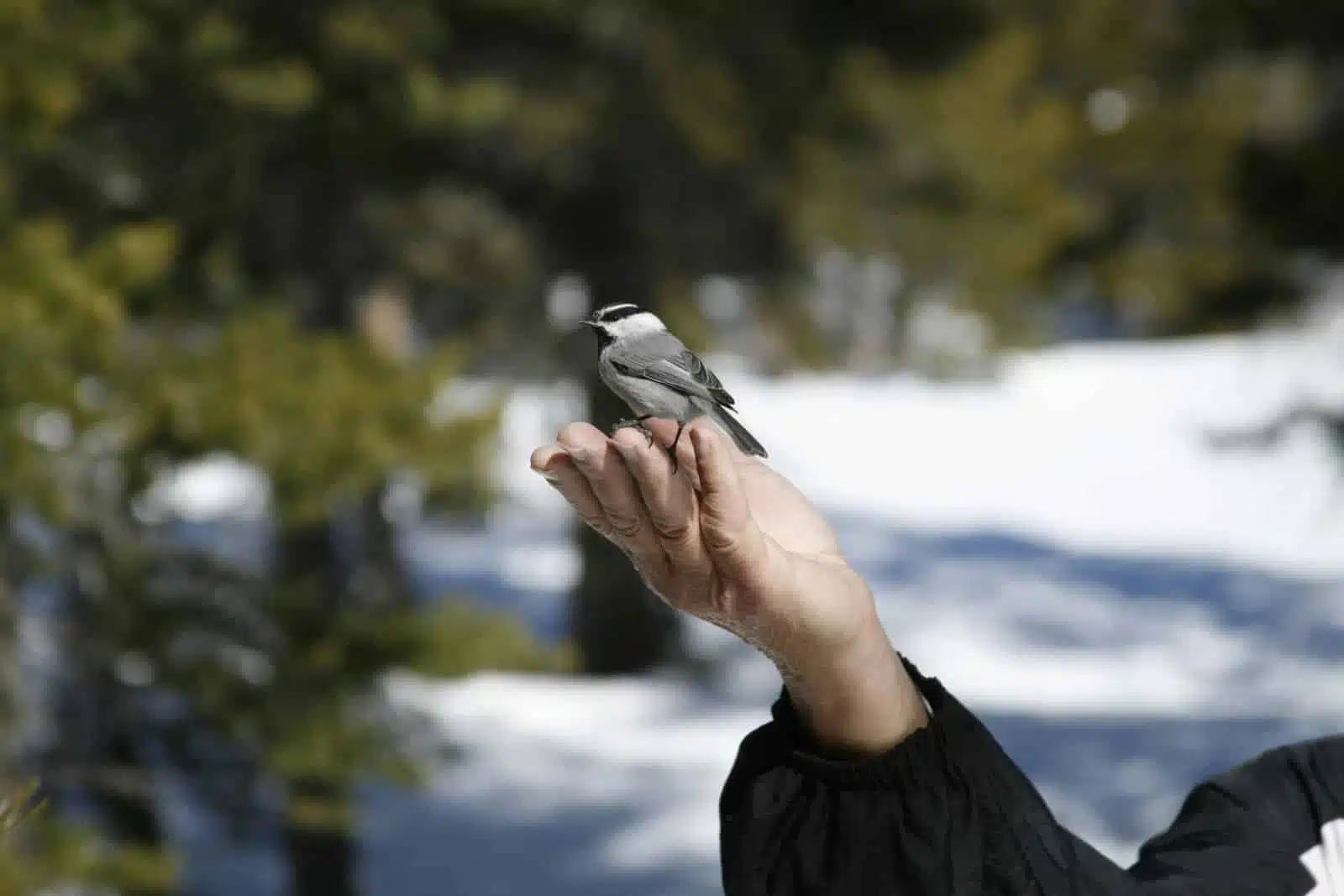Navigating the English language is akin to embarking on a whimsical journey through history and culture, with each phrase revealing its peculiar backstory. Here’s a humorous dive into 21 English phrases that seem to have been conjured up during a particularly quirky moment in time, complete with a hint at their origins.
1. “Bob’s Your Uncle”

Image Credit: Shutterstock / Krakenimages.com
The quintessential way to declare “and there you have it!” Ironically, it may have originated from British Prime Minister Robert Cecil’s act of nepotism when he appointed his nephew as Chief Secretary for Ireland in the 1880s – easy peasy!
2. “More Holes Than a Swiss Cheese”

Image Credit: Shutterstock / fizkes
Used to describe something full of flaws. This simile draws on the iconic, holey nature of Swiss cheese, which, thanks to the cheese-making process, ends up with more gaps than a poorly planned alibi.
3. “Mad as a Hatter”

Image Credit: Pexels / Helena Jankovičová Kováčová
This phrase reflects the mercury poisoning common among hatmakers in the 18th and 19th centuries, leading to erratic behavior. It’s a reminder that fashion can indeed drive one mad.
4. “It’s Raining Cats and Dogs”

Image Credit: Pexels / Mario Cuadros
Stemming from 17th-century England, this vivid description of heavy rain might relate to times when storms were so severe that animals were swept away, creating a rather grim urban legend.
5. “Piece of Cake”

Image Credit: Shutterstock / Rocketclips, Inc.
Because what could be easier than eating cake? This sweet analogy for simplicity likely has its roots in the 1870s when cakes were given as prizes for winning competitions.
6. “Let the Cat Out of the Bag”

Image Credit: Shutterstock / Butsaya
A phrase that originally referred to being swindled in a market, where a piglet sold in a bag was sneakily replaced with a less valuable cat. The buyer only discovered the trick upon releasing the cat.
7. “Bite the Bullet”

Image Credit: Shutterstock / Pressmaster
A gritty call to face discomfort head-on, dating back to when soldiers would literally bite on a bullet during surgery without anesthesia, a testament to enduring the unbearable.
8. “Kicking the Bucket”

Image Credit: Shutterstock / Related keywords
This euphemism for death might come from the old practice of standing on a bucket to hang oneself, where kicking the bucket quite literally meant the end.
9. “Barking up the Wrong Tree”

Image Credit: Shutterstock / Rommel Canlas
From the early American hunting practice where dogs might mistakenly bark at the base of the wrong tree, indicating the hunter’s target had escaped elsewhere.
10. “Don’t Throw the Baby Out With the Bathwater”

Image Credit: Shutterstock / Alice Rodnova
A 16th-century German proverb warning against discarding something valuable while trying to get rid of something undesirable, inspired by the sequential use of bathwater that left the baby bathing last.
11. “Spill the Beans”

Image Credit: Shutterstock / Dean Drobot
This might trace back to ancient Greece, where beans were used to vote secretly. Spilling them prematurely would reveal the vote – literally letting the cat out of the bag.
12. “Burning the Midnight Oil”

Image Credit: Pexels / dogadakisakal
Before electricity, working into the night meant burning oil lamps late, symbolizing dedication (or procrastination).
13. “A Different Kettle of Fish”

Image Credit: Shutterstock / Kaspars Grinvalds
An 18th-century phrase possibly arising from the custom of presenting fish in a kettle during picnics, signifying a situation distinct from its usual context.
14. “Through Thick and Thin”

Image Credit: Pexels / Johannes Plenio
Originating from the old English practice of describing forests, it refers to steadfastness, whether moving through dense (thick) or sparse (thin) vegetation.
15. “When Pigs Fly”

Image Credit: Shutterstock / Cast Of Thousands
A timeless expression of impossibility that might have its roots in old Scottish sayings, highlighting the absurdity of certain outcomes.
16. “Hit the Nail on the Head”

Image Credit: Pexels / Andrea Piacquadio
Dating back to at least the 15th century, this phrase for getting something exactly right possibly stems from the precision required in carpentry.
17. “A Bird in the Hand Is Worth Two in the Bush”

Image Credit: Pexels / Tim Howell
A 15th-century proverb emphasizing the value of holding onto something certain rather than risking it all for something uncertain.
18. “Beat Around the Bush”

Image Credit: Shutterstock / Antonio Guillem
From bird hunting, where beating the bush would rouse birds into flight, it’s now used to describe avoiding the main issue.
19. “At Sixes and Sevens”

Image Credit: Shutterstock / Krakenimages.com
A phrase that may originate from a 14th-century dispute between two London guilds over precedence, symbolizing a state of confusion or disarray.
20. “Put All Your Eggs in One Basket”

Image Credit: Shutterstock / Pair Srinrat
A cautionary saying that advises against risking everything on a single venture, likely based on the practical advice of diversifying one’s assets.
21. “The Pot Calling the Kettle Black”

Image Credit: Shutterstock / fizkes
This phrase for hypocrisy might come from a time when cooking pots and kettles were both blackened by soot, making the accusation absurdly ironic.
As we explore these phrases, it’s clear that the English language is a treasure trove of history, humor, and the human condition. From the practical to the fantastical, each expression carries a story, inviting us to ponder and chuckle over the linguistic legacies passed down through generations. So next time you find yourself “barking up the wrong tree” or facing a situation that’s “a different kettle of fish,” remember the rich tapestry of language that brought these phrases to life.
More From The Green Voyage
Top 10 Trending Travel Destinations 2024
6 Essential Banking Apps for International Travel – Managing Your Finances on the Go
Traveling With Kids – 10 Tips to Create Memorable Family Holidays
The post 21 Baffling British Phrases and What They Really Mean: A Guide for Perplexed Americans first appeared on The Green Voyage.
Featured Image Credit: Shutterstock / fizkes.
For transparency, this content was partly developed with AI assistance and carefully curated by an experienced editor to be informative and ensure accuracy.
Tips for Trip Success
Book Your Flight
Find an inexpensive flight by using Kayak, a favorite of ours because it regularly returns less expensive flight options from a variety of airlines.
Book Your Hotel or Special Accommodation
We are big fans of Booking.com. We like their review system and photos. If we want to see more reviews and additional booking options, we go to Expedia.
You Need Travel Insurance!
Good travel insurance means having total peace of mind. Travel insurance protects you when your medical insurance often will not and better than what you get from your credit card. It will provide comprehensive coverage should you need medical treatment or return to the United States, compensation for trip interruption, baggage loss, and other situations.Find the Perfect Insurance Plan for Your Trip
